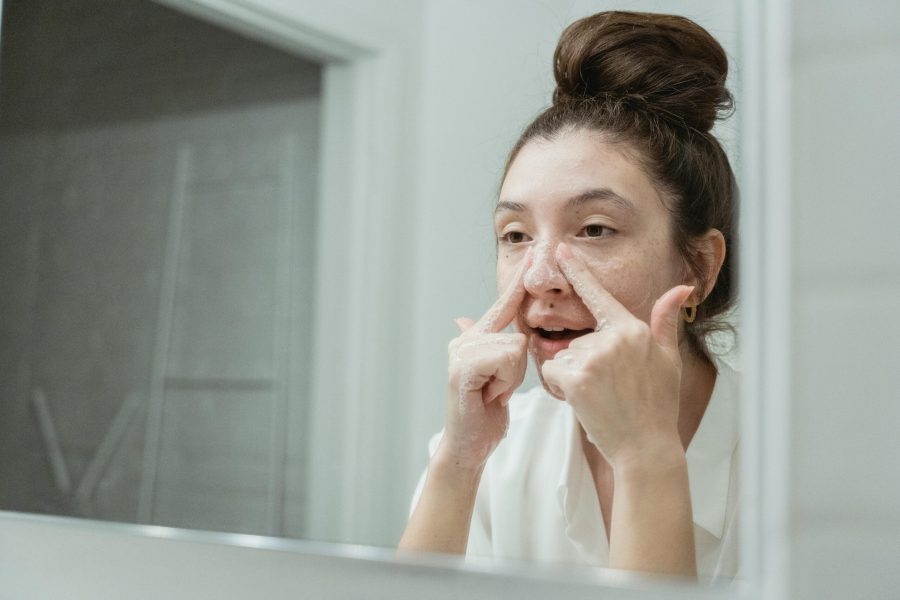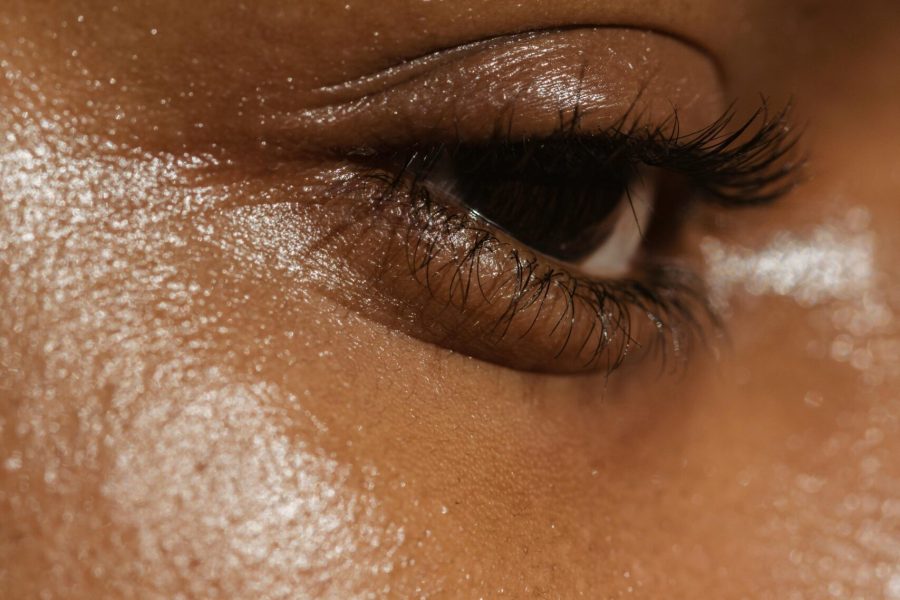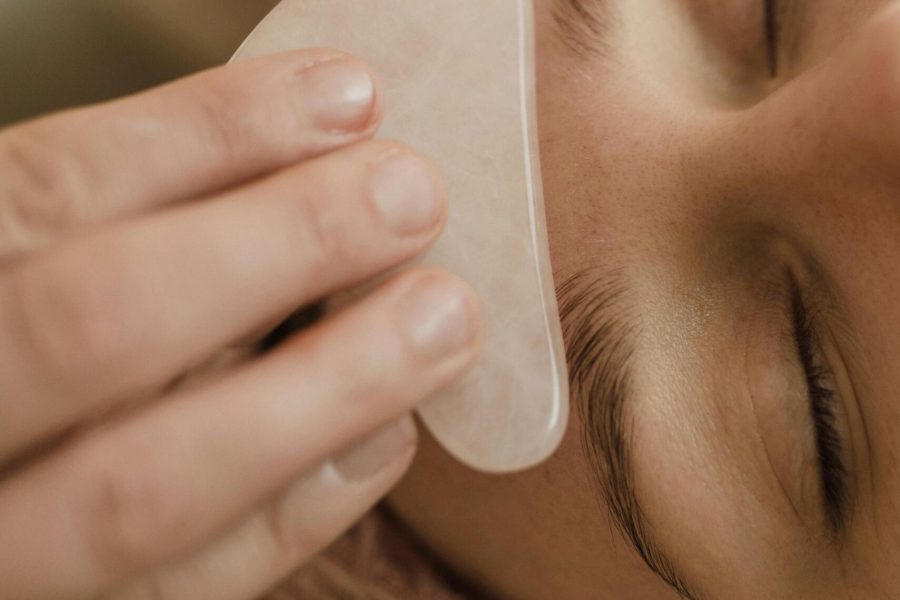Sleep has a significant impact on your skin. During deep sleep, your body enters a repair mode where it regenerates and heals cells, including skin cells. Here’s how sleep affects your skin:
Cell Regeneration: While you sleep, your body produces more collagen, the protein responsible for skin’s firmness and elasticity. This helps repair any damage to the skin caused by environmental stressors (like UV rays or pollution).
Moisture Balance: Sleep helps maintain your skin’s moisture balance. When you don’t get enough rest, your skin can become dehydrated, leading to dryness and dullness.
Increased Blood Flow: Sleep allows for better blood circulation, delivering oxygen and nutrients to your skin cells. This promotes a healthier complexion and a more vibrant appearance.
Reduced Stress Hormones: Sleep reduces levels of cortisol, a stress hormone that can break down collagen and contribute to wrinkles and other skin issues. High stress can also exacerbate conditions like acne and eczema.
Puffy Eyes and Dark Circles: A lack of sleep can lead to poor circulation, causing fluid retention and making your under-eye area appear puffy or have dark circles.
Acne and Skin Conditions: Poor sleep can trigger or worsen skin conditions like acne due to the imbalance in hormones, inflammation, and skin repair. The body’s immune system also functions better when you’re well-rested, helping to fight off infections or breakouts.











